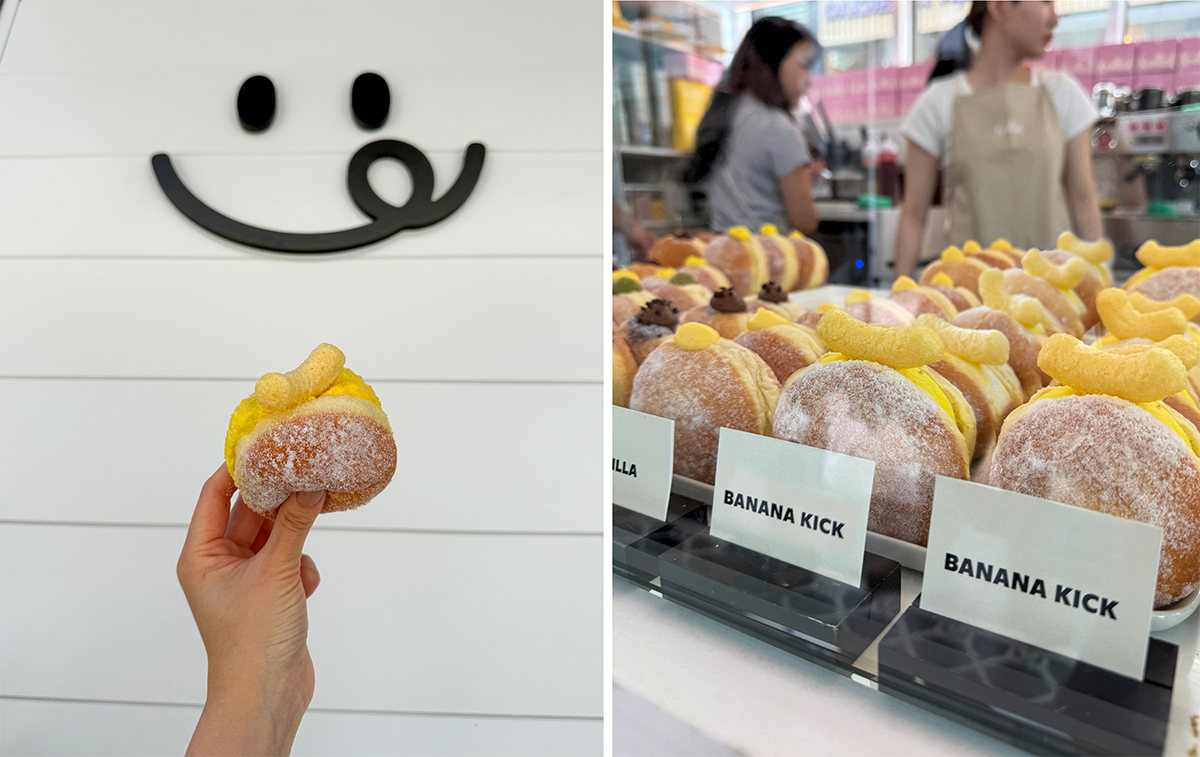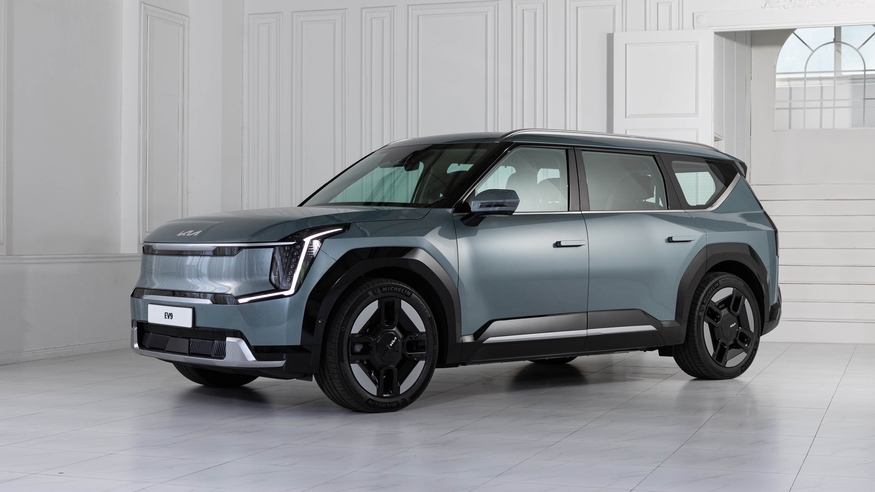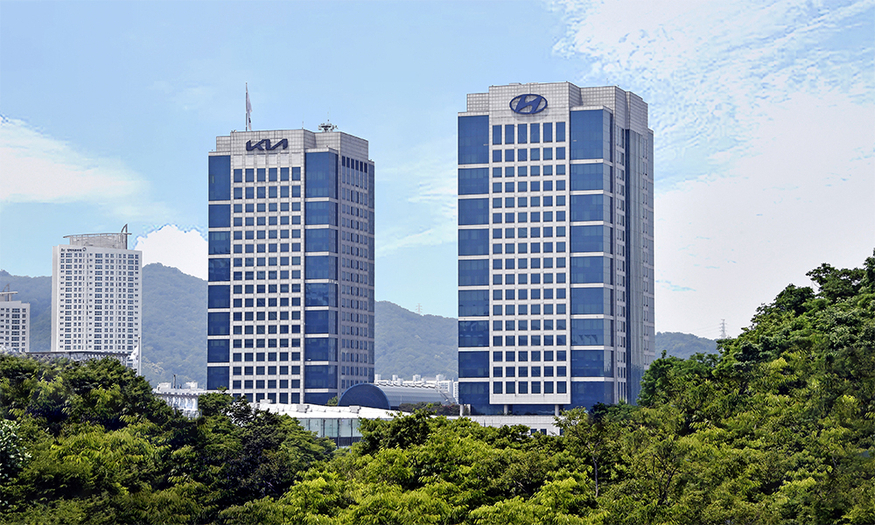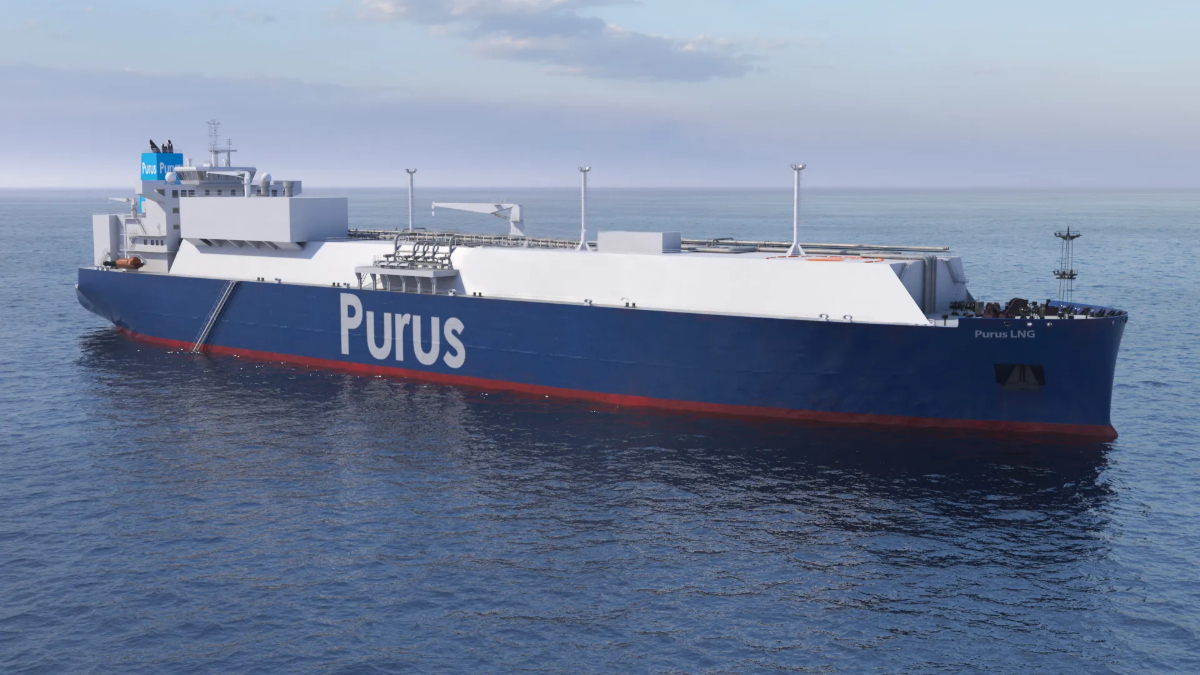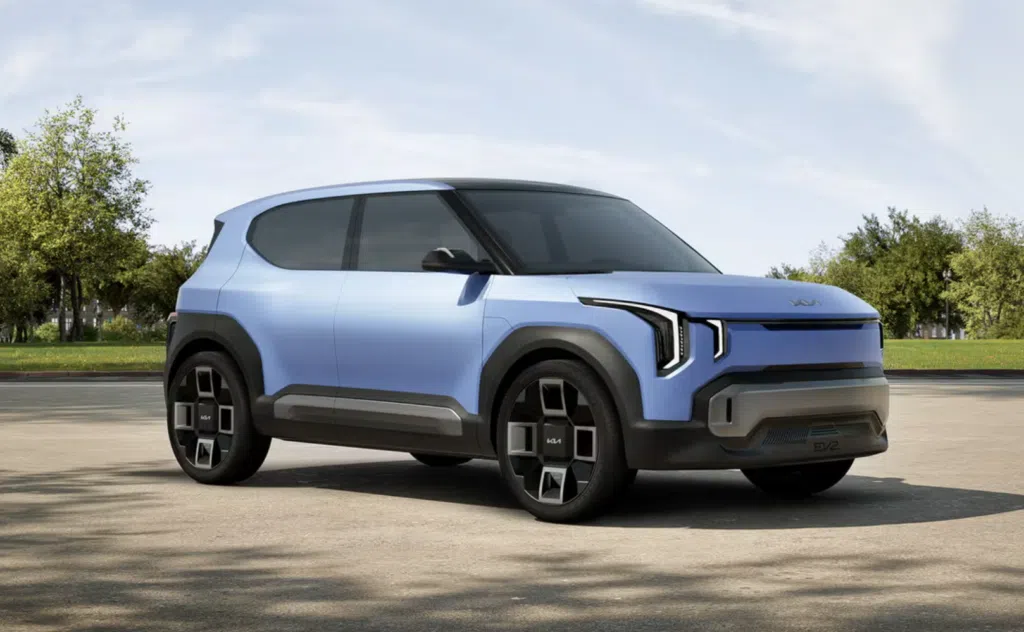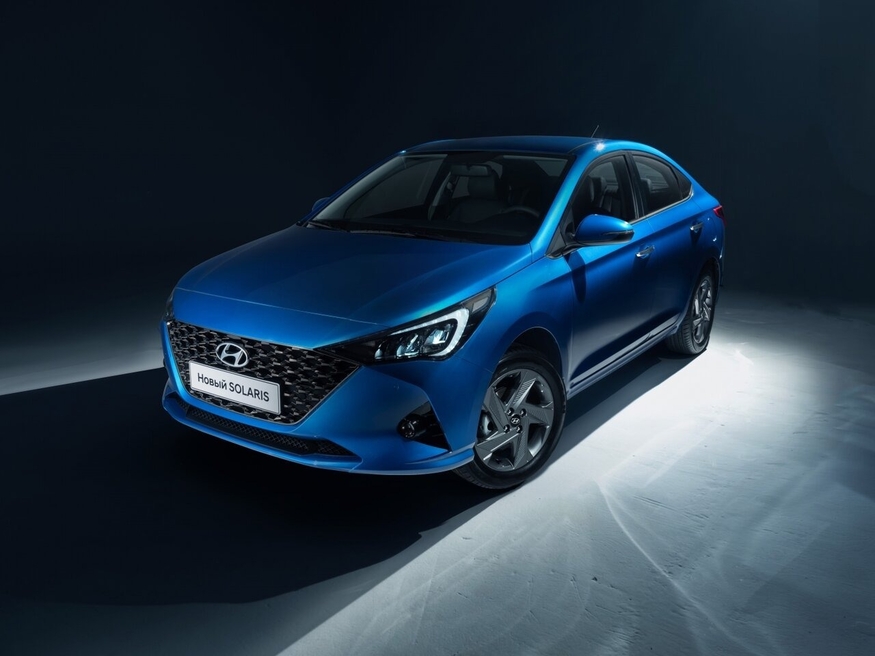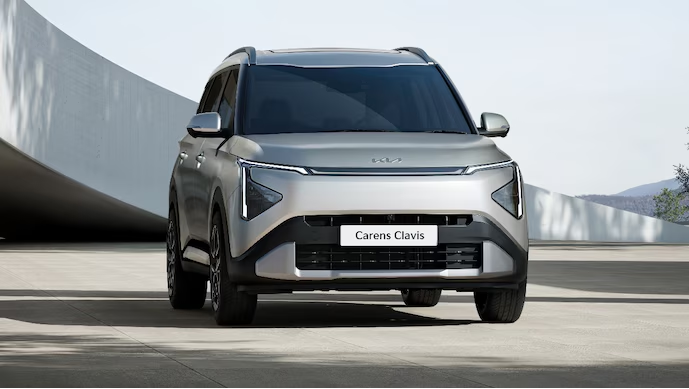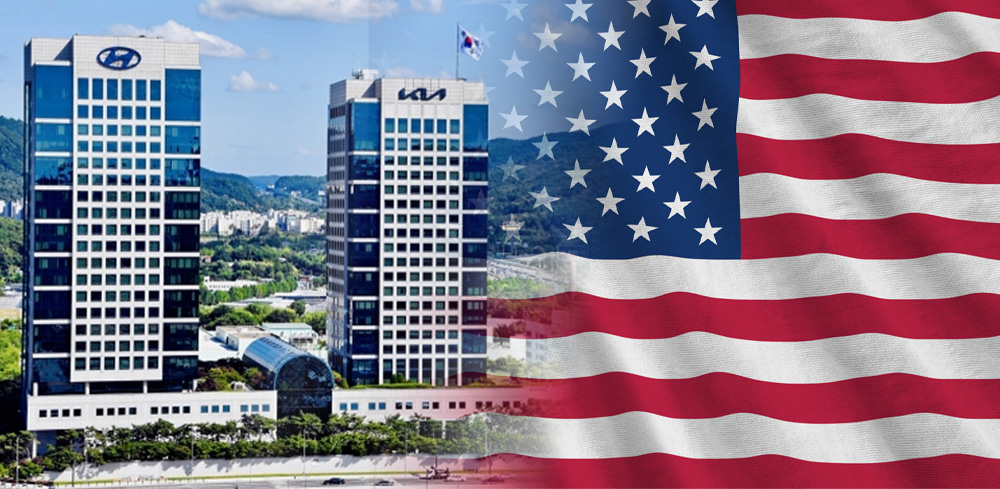
Hyundai Motor Company and its affiliate Kia Corporation—two of South Korea’s largest automakers—saw slower year-over-year growth in the U.S. market in May, partly due to ongoing tariff-related challenges.
According to company reports released on June 4, Hyundai sold 84,521 vehicles in the U.S. last month, up 8% from a year earlier. With this, the company surpassed 17 million cumulative vehicle sales in the U.S. since its market entry in 1986—a milestone 39 years in the making.
Kia America posted sales of 79,007 units in May, a 5% year-over-year increase and its eighth consecutive month of growth.
However, both brands showed a noticeable slowdown compared to April, when Hyundai and Kia recorded 19% and 14% year-over-year growth, respectively.
SUVs led the charge in both lineups. Hyundai saw strong demand for the Venue (+74%), Tucson (+15%), and Palisade (+10%), while Kia reported growth for the Carnival (+68%), Telluride (+12%), and Sportage (+10%). The Carnival Hybrid, introduced last year, was a major driver of Kia’s gains.
Hyundai and Kia are focusing on expanding their hybrid SUV offerings to match U.S. consumer preferences. New hybrid versions of the 2026 Palisade, Telluride, and Sportage are slated for release in the third quarter.
The two companies are also accelerating their U.S. localization strategy, leveraging their Georgia-based Metaplant and other local assembly lines. The goal is to reduce tariff exposure, improve profitability, and solidify their presence in the American market.
“Hyundai and Kia’s diverse powertrain offerings—from internal combustion engines to hybrids and EVs—are giving them an edge in the U.S.,” said an industry insider. “Their swift adaptation to federal EV incentives and local production requirements continues to set them apart from rivals.”



